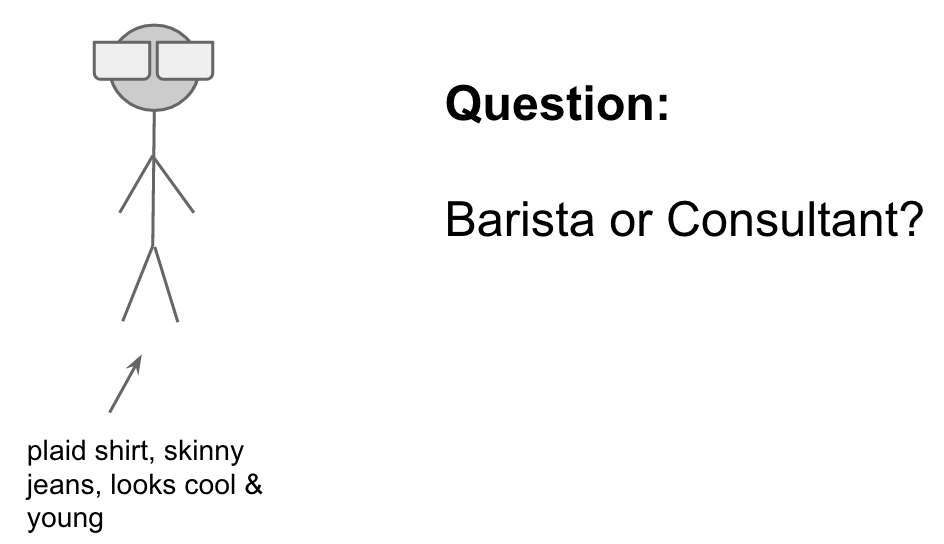I had an amazing opportunity to attend a book signing for 10,000 Memories in Berkeley along with my wife.
10,000 Memories is a non-profit, volunteering and crowdsourcing project that has collected 10k witness accounts about the Partition across South Asia. There was an insightful panel discussion with the editors, and story telling sessions along with a curated exhibit.
The Partition has touched countless people across South Asia, and research puts numbers at 2-3M killed and 14-18M displaced. But what’s missing in mere numbers are the qualitative stories of people who were impacted, which is where such a systematic archival of witness accounts is so invaluable.
...
